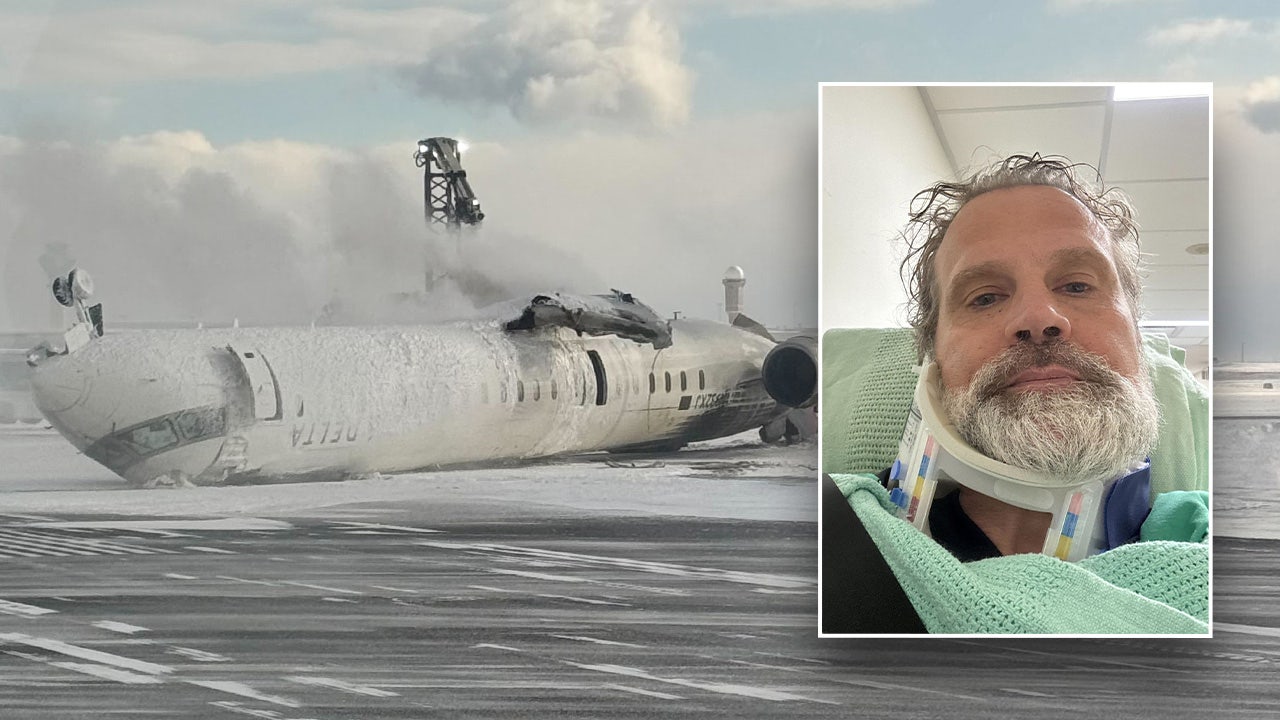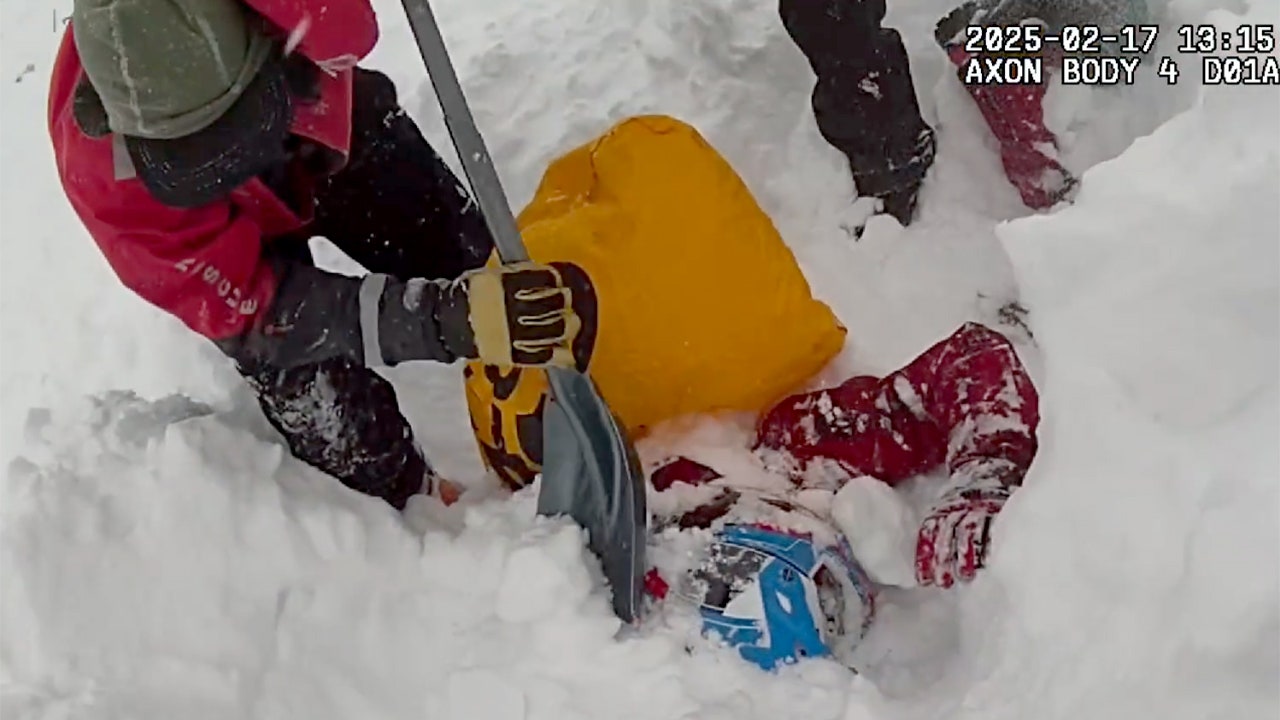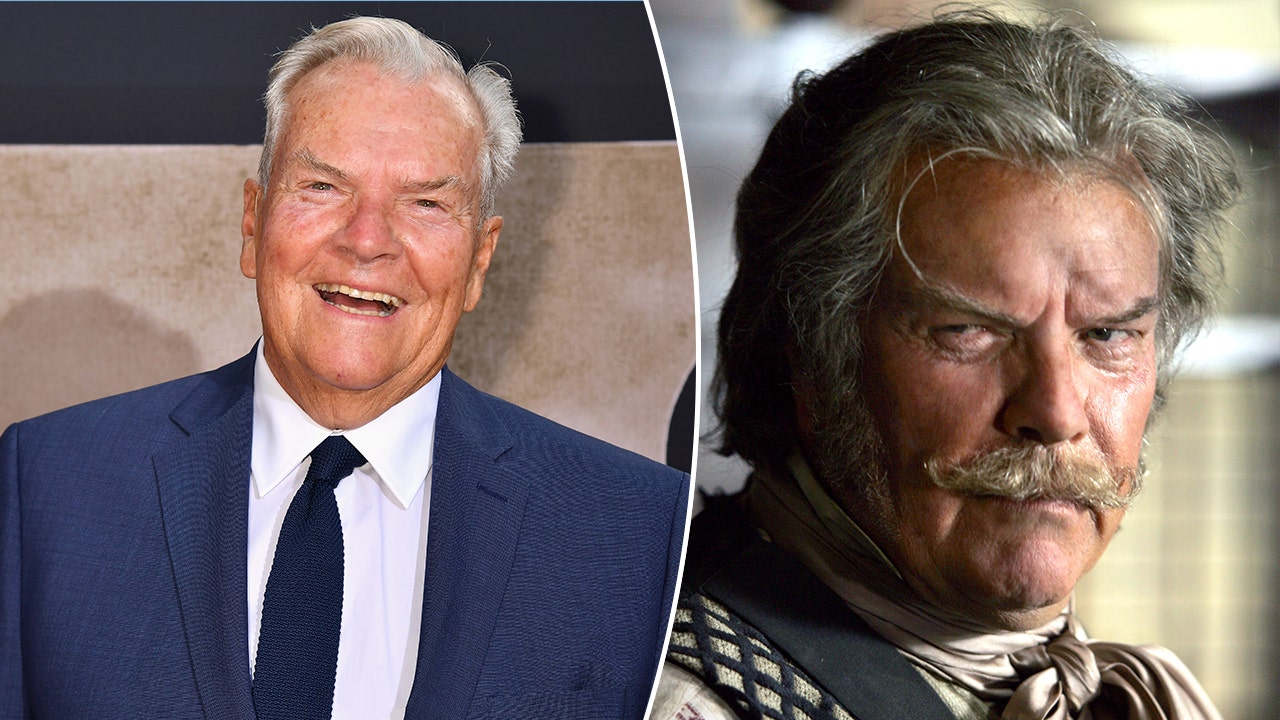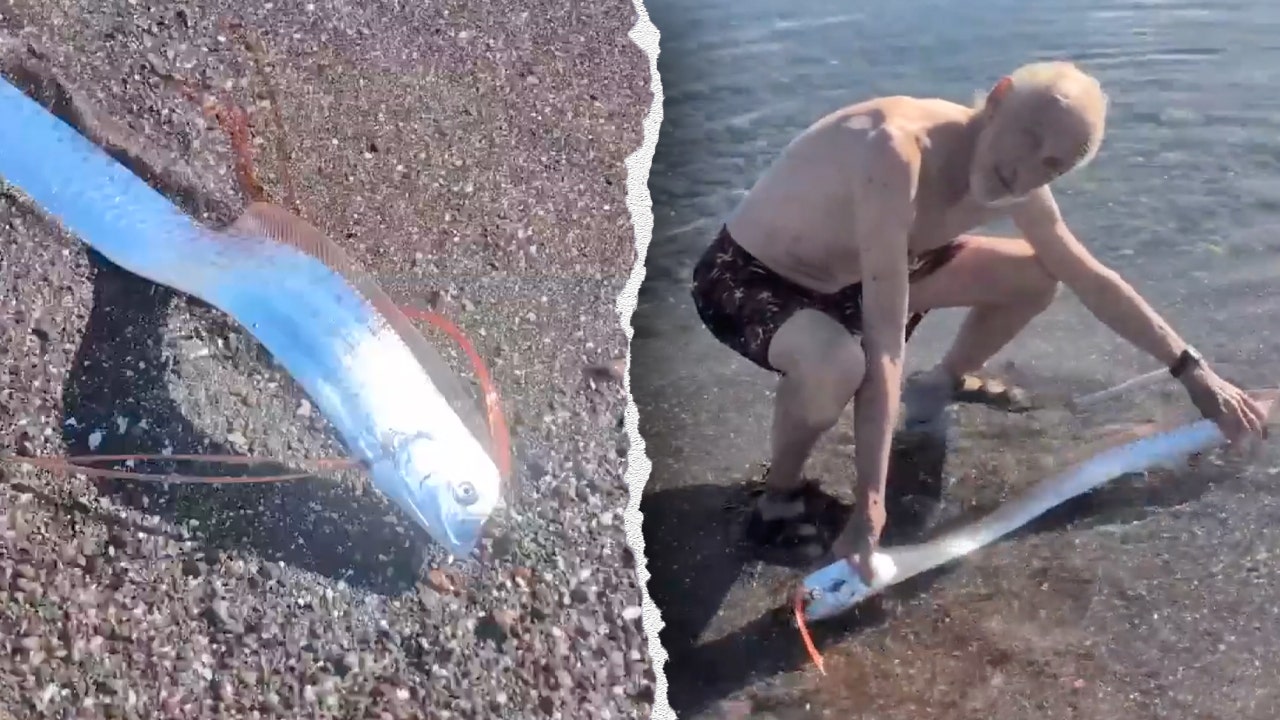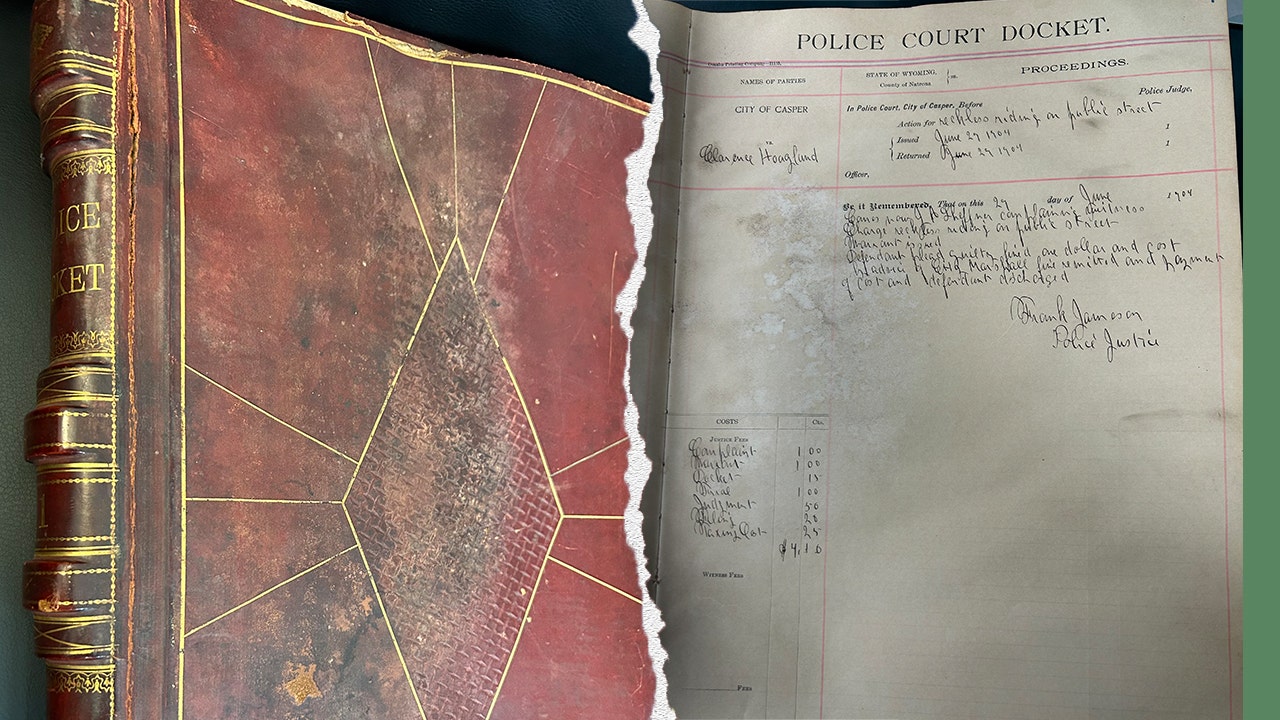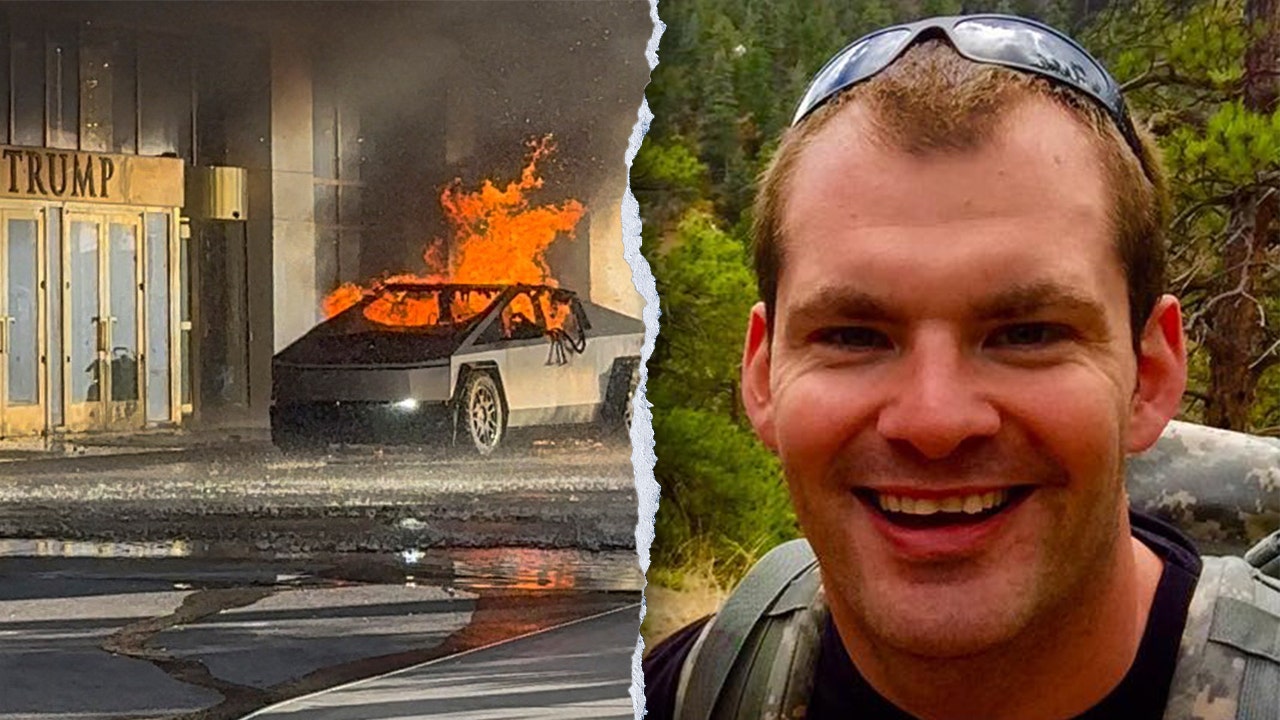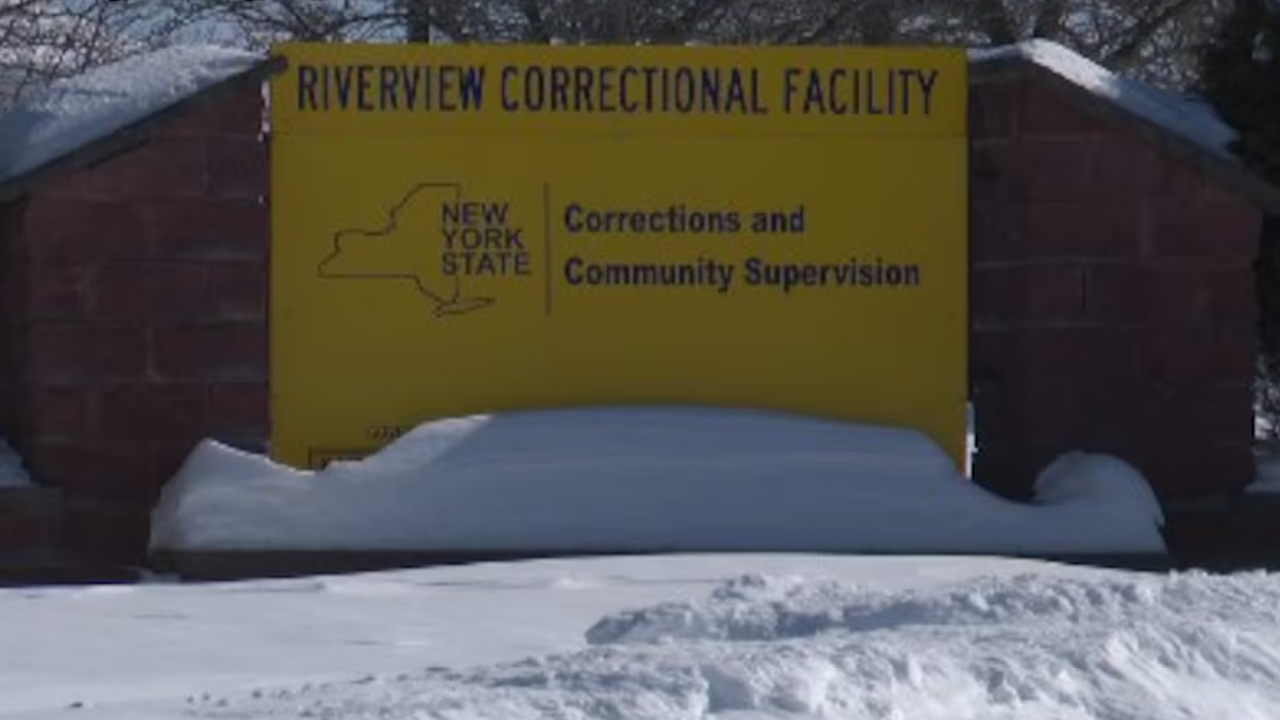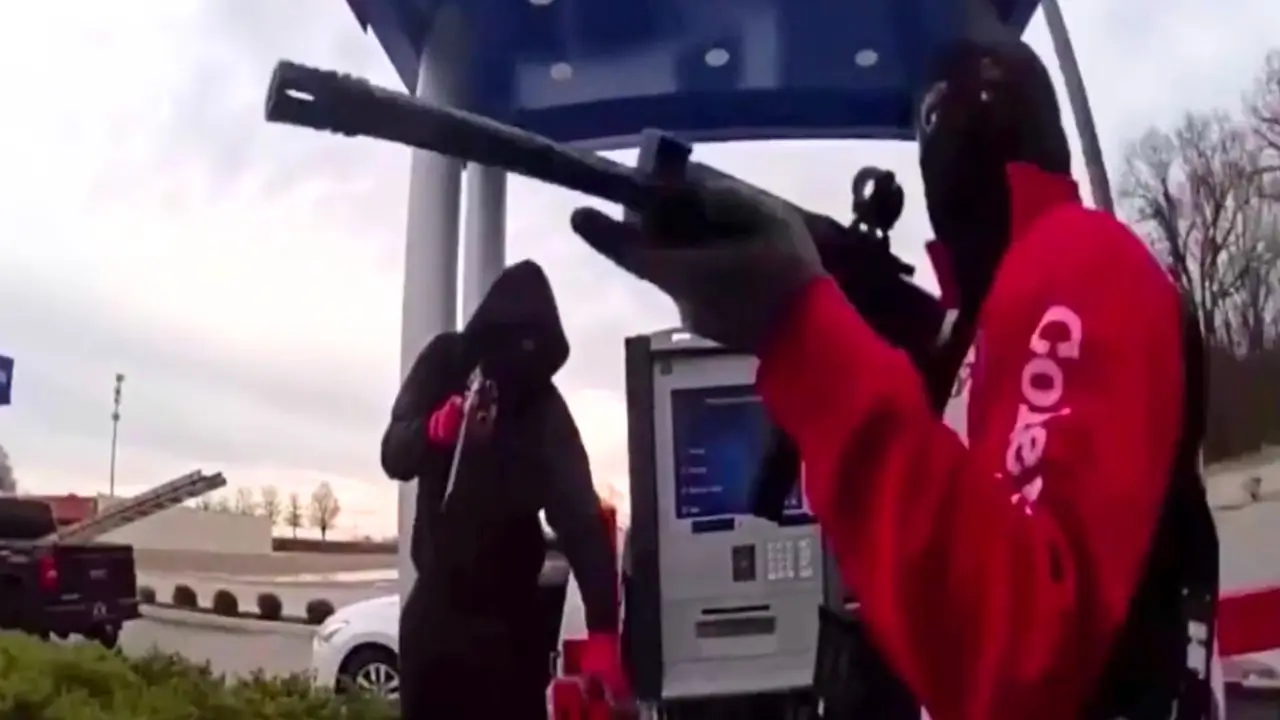This story discusses suicide. If you or someone you know is having thoughts of suicide, please contact the Suicide & Crisis Lifeline at 988 or 1-800-273-TALK (8255).
The driver who detonated a Tesla Cybertruck in front of the Trump International Hotel Las Vegas on New Year’s Day exhibited no signs of “concerning behavior” prior to being granted personal leave from military service in Germany, according to a U.S. Army representative.
Understanding the Circumstances Surrounding the Incident
Master Sgt. Matthew Livelsberger, a seasoned Army Green Beret, had access to the Preservation of the Force and Family (POTFF) program. Brig. Gen. Amanda Azubuike, the Chief of Public Affairs, emphasized that he did not show any troubling actions before his leave. “All pertinent records were shared with the FBI, as they are the leading agency in this investigation,” she stated in correspondence with Fox News.
This tragic episode deepens in complexity as investigators from the FBI and the Las Vegas Metropolitan Police Department (LVMPD) disclosed that Livelsberger had likely been battling PTSD. The juxtaposition of his military heroism and personal struggles has left many to ponder the unseen battles fought by those who serve.
The Impact of PTSD on Veterans
During a press briefing, Sheriff Kevin McMahill of LVMPD expressed grave concerns about Livelsberger’s mental health struggles and what may have led to the New Year’s incident. “This situation, though more sensational, appears to be a sorrowful case of suicide involving an honored combat veteran facing the scars of war,” McMahill remarked.
His words resonate with the unseen burden many veterans carry. They witness the unimaginable, and sometimes the world around them fails to comprehend the depths of their trauma. “This is why we developed our wellness bureau at Metro; our personnel encounter experiences that most cannot imagine,” McMahill added. “We must focus on the mental wellbeing of those who safeguard our communities.”
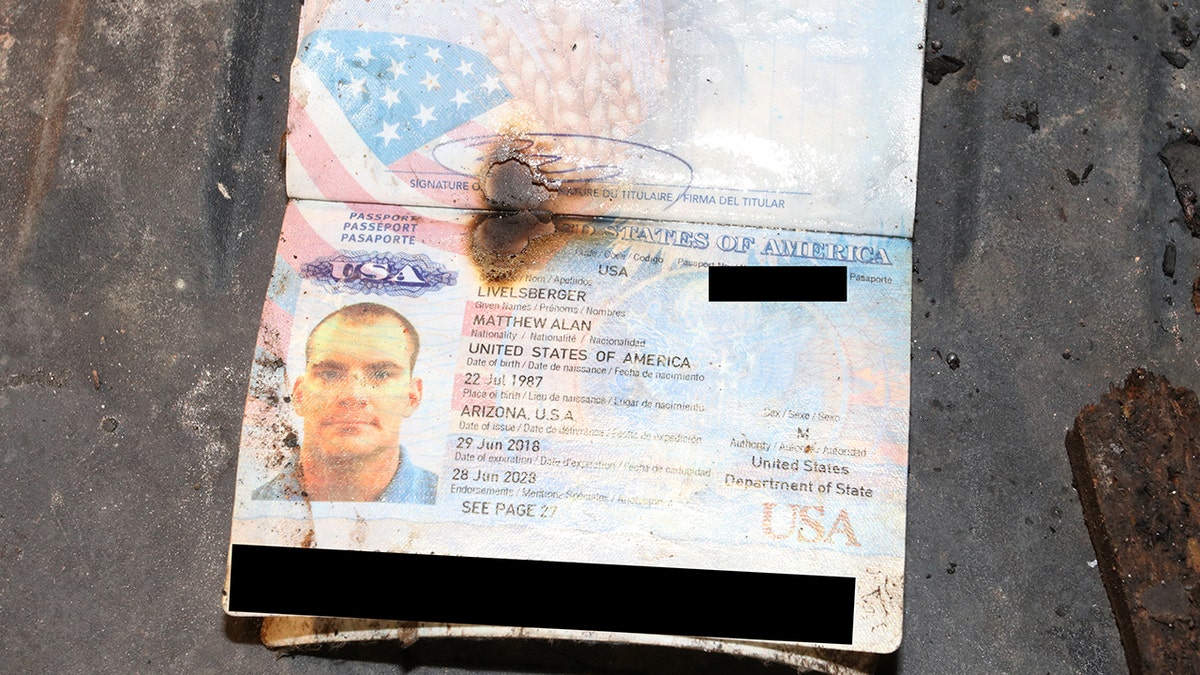
Revelations from a Troubled Mind
As authorities pieced together Livelsberger’s thoughts through released excerpts of his “manifesto,” the underlying message became painfully clear. “This was not a terrorist act, it was a wake-up call,” Livelsberger wrote. His words reflect a deep sense of disillusionment, “Americans only care about spectacles and violence. What better way to make my point than with fireworks and explosives?”
Such a perspective invites contemplation on how society perceives the struggles of those who serve. Were his actions merely a plea for recognition, an expression of anguish hidden in plain sight? His closing thoughts magnified a sense of urgency, “We are the United States of America, the finest nation to ever exist! Yet, we are terminally ill and on the brink of collapse.”
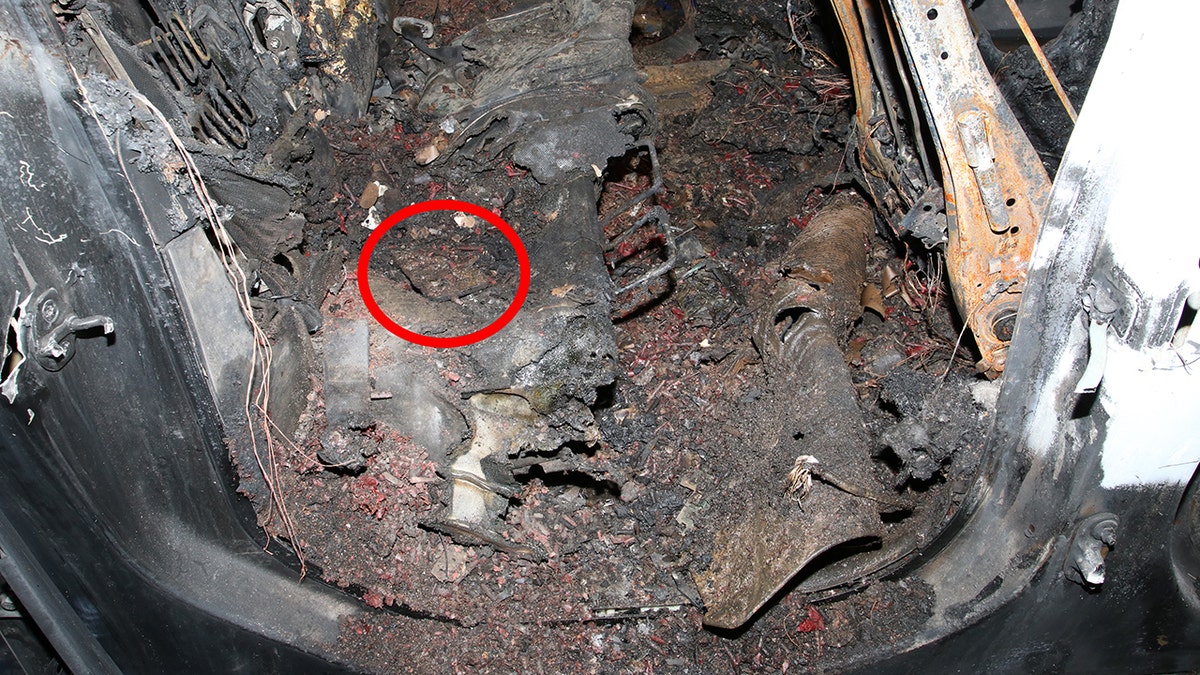
The Final Act
Assistant Sheriff Dori Koren confirmed that Livelsberger succumbed to a self-inflicted gunshot wound. “He placed the firearm in his mouth and discharged it,” Koren specified. “The coroner defined it as an intro orbital gunshot wound, meaning that it exited the left side of his head.”
This heartbreaking conclusion underscores the critical need for mental health resources and proactive approaches to support veterans grappling with their past. The haunting question remains: How can society better understand and address the unspoken struggles of those who protect it?



